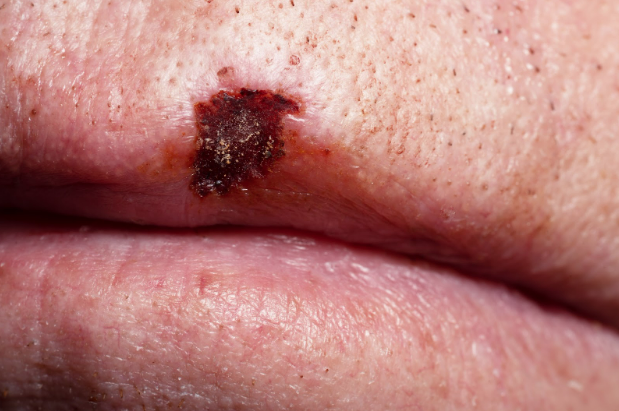Skin Cancer

Skin cancer is the most common form of cancer in the United States, with over 5 million cases diagnosed each year, according to the Skin Cancer Foundation. Early detection and treatment are crucial, as skin cancer can become life-threatening if not addressed promptly.
The three main types of skin cancer are:
- Basal Cell Carcinoma (BCC): The most common, slow-growing but potentially destructive if left untreated.
- Squamous Cell Carcinoma (SCC): Can grow more rapidly and metastasize if not treated.
- Melanoma: The deadliest form, capable of spreading quickly to other parts of the body.
Risk factors for skin cancer include:
- Excessive UV exposure from the sun or tanning beds
- Fair skin, light hair, and light-colored eyes
- A history of sunburns
- Having many moles or atypical (dysplastic) nevi
- Family history of skin cancer
- Weakened immune system
The ABCDEs of melanoma can help identify suspicious moles:
- Asymmetry
- Border irregularity
- Color variation
- Diameter greater than 6mm
- Evolving size, shape, or color
Treatment options for skin cancer include:
- Surgical excision: Removing the cancerous lesion and a margin of healthy tissue.
- Mohs micrographic surgery: A highly precise technique especially useful for facial skin cancers, offering the highest cure rates.
- Cryotherapy: Freezing precancerous lesions (actinic keratoses).
- Radiation therapy or systemic therapy for advanced cases.
Routine skin checks are vital, especially for those with risk factors.
Dr. Ada Ogunsiakan is a board-certified dermatologist offering comprehensive skin cancer screenings, early detection strategies, and treatment at Esse Dermatology Charlotte. Protect your health — schedule your full-body skin check today.
